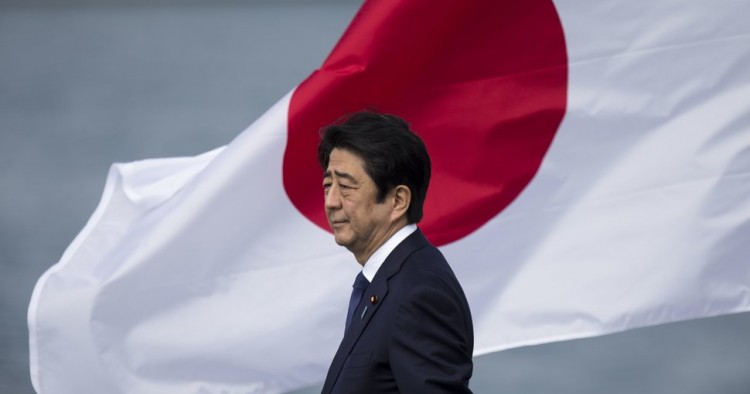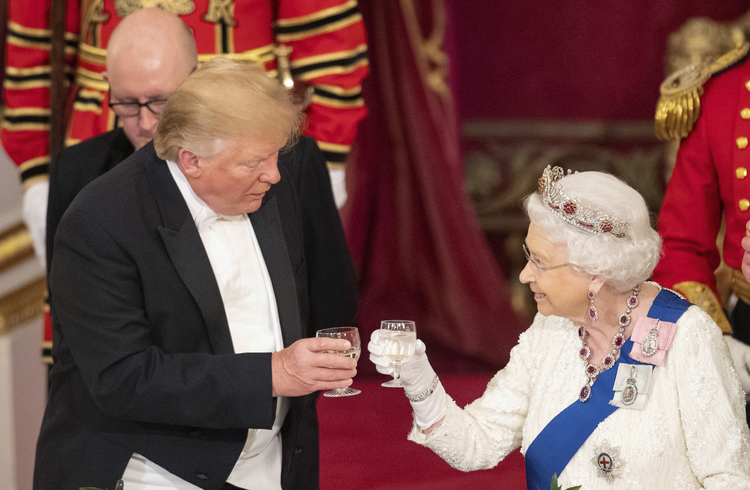
Can Japan Justify Support for International Military Coalition in Middle East?
The move is aimed apparently at ensuring freedom of navigation in the wake of a series of attacks on tankers near the Strait of Hormuz.
Japan relies more on the strait for its imports of crude oil than any other country as over 80 percent of oil sold to Japan is transported through the area. Japan should try to proactively ensure the safety of its oil shipments through the strait.
Still, Tokyo needs to scrutinize whether there is just cause for an international military alliance in the area.
Noting that China and Japan receive large percentages of their oil from the Strait of Hormuz, President Trump said in a recent tweet, "So why are we protecting the shipping lanes for other countries for zero compensation?" He then urged Japan and China to protect their own ships.
However, tensions in the area were fueled by the Trump administration that unilaterally pulled the United States out of a nuclear deal with Iran, which had been signed by his predecessor Barack Obama's administration.
One cannot help but suspect that Washington's true goal is to form an international coalition against Iran. Trump is aiming for renegotiations on a nuclear deal with Iran. To that end, he is apparently attempting to establish a framework for pressuring Iran to sit at the negotiation table.
Questions remain as to whether the Trump administration's aim is appropriate. The United States claims that Iran is responsible for the attacks on tankers. However, there is no evidence to prove Tehran's involvement and support for the claim has not spread among other countries, including Japan.
An international military coalition such as the one the United States is aiming for is established without a U.N. Security Council resolution and lacks a basis to be recognized as an international coordination arrangement. What would happen if a portion of countries that side with the United States were to collectively send their military forces to the Middle East? The formation of an international military coalition would merely heighten tensions in the region.
Even if it is concluded that there is sufficient cause for such action, it remains unclear what laws can be applied to the deployment of Japanese Self-Defense Force (SDF) personnel to participate in such an arrangement.
The SDF can guard vessels if the government orders it to conduct seaborne policing action under the SDF Act. However, since the SDF can guard only Japan-related vessels under the legislation, it remains unclear whether the forces can participate in operations conducted by an international coalition in the Middle East.
Under the Act concerning the Punishment of Acts of Piracy and Measures to Deal with Act of Piracy, the SDF can only guard Japanese vessels against pirates.
The security-related legislation that came into force in March 2016 allows the SDF to extend logistical support to other countries' military forces in the event of contingencies that will have a serious impact on Japan's security, but cannot apply to the guarding of vessels. If the government deems it impossible to participate in such an arrangement under the current legislation, a new law would need to be enacted. However, it would take the Diet a long time to deliberate such a bill.
This is a crucial issue for Japan. The legislature should not evade discussions on the matter simply because campaigning for the July 21 House of Councillors election is underway.

